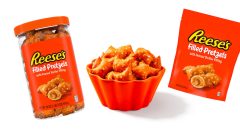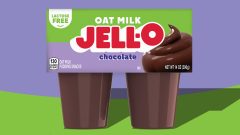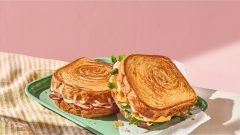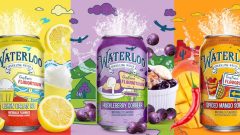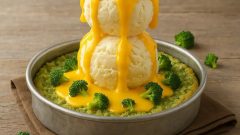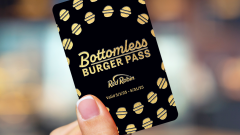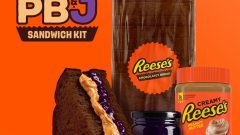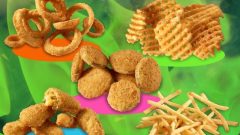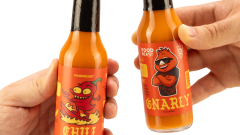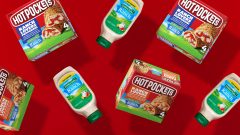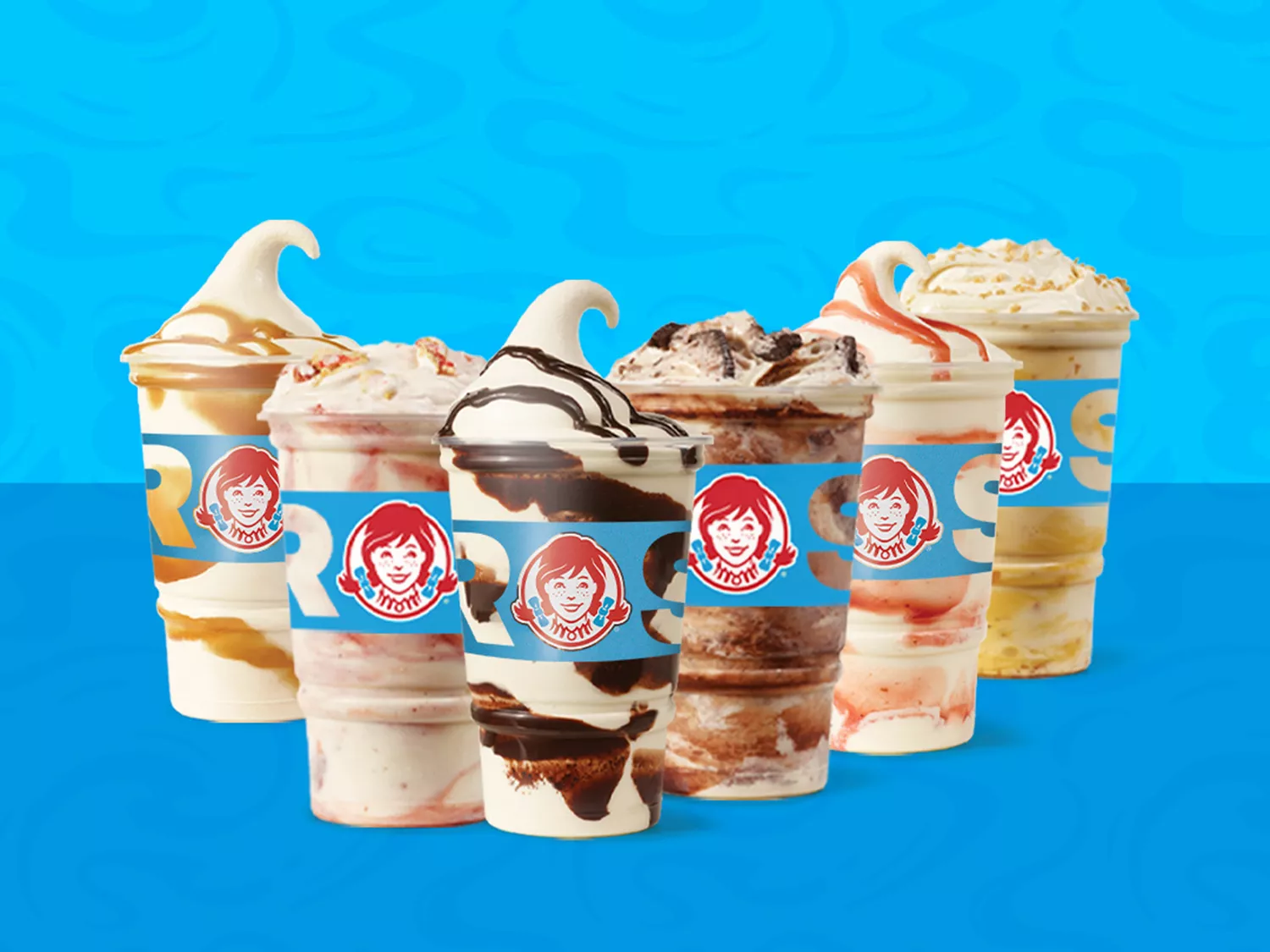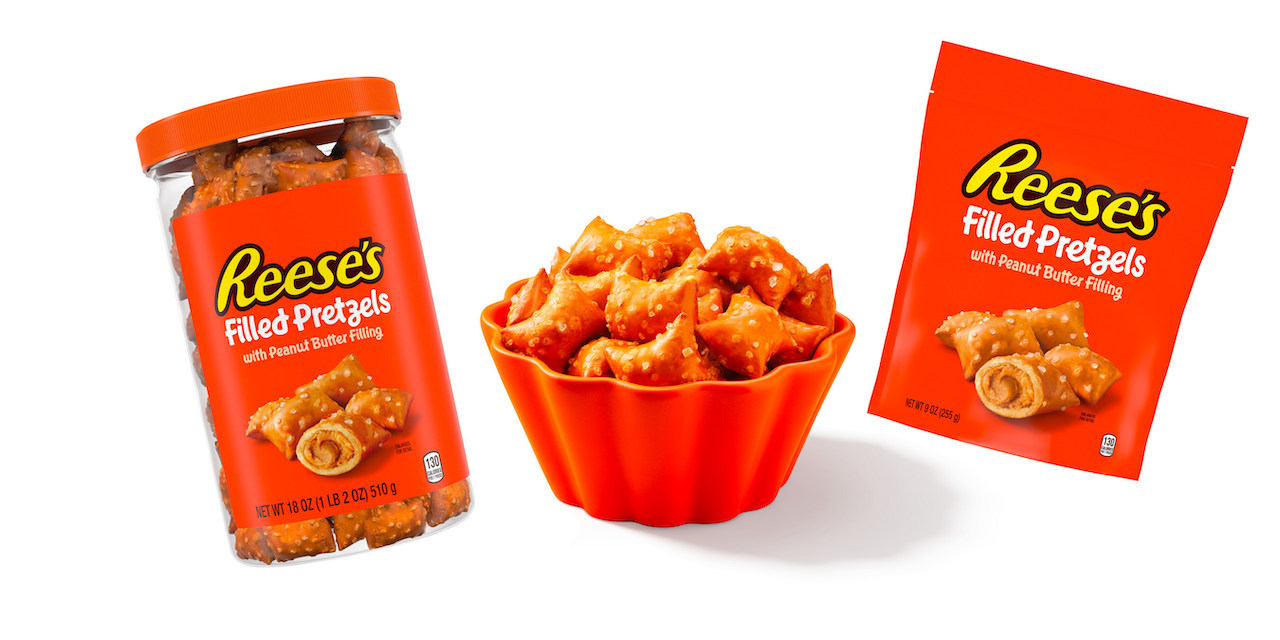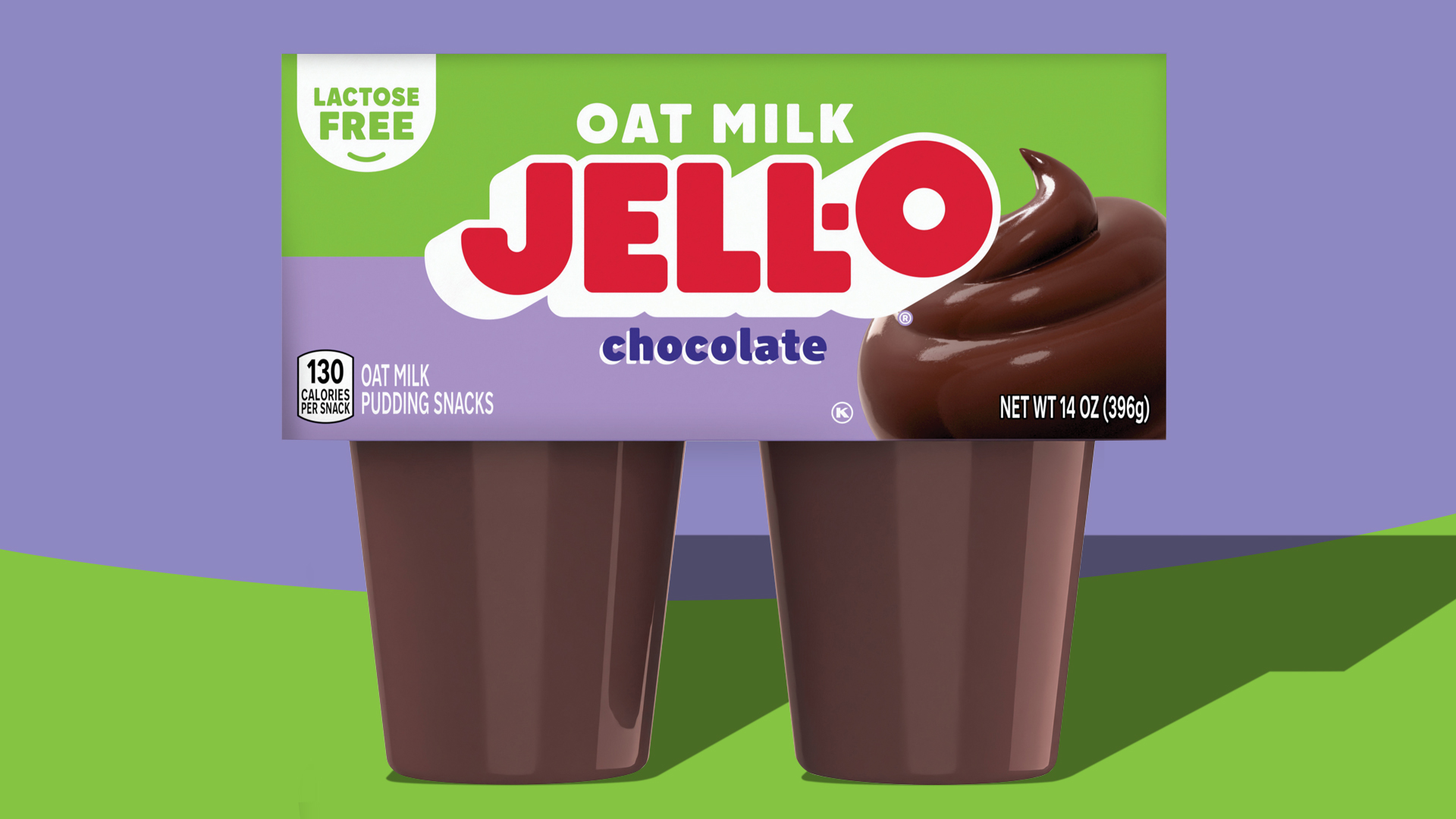4 Foods You Could (Almost) Exclusively Live Off Of
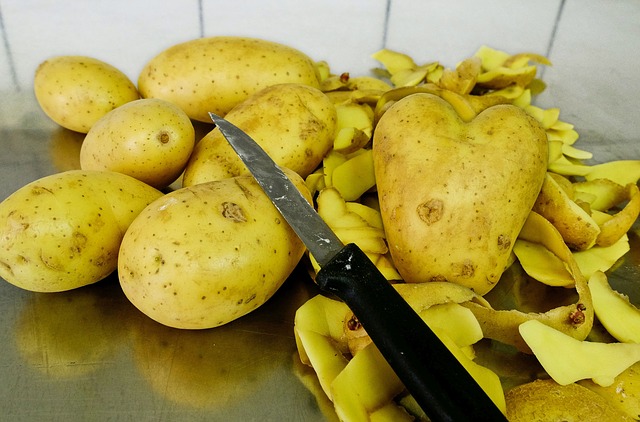
You might remember Chris Voigt, the Washington State Potatoes Commission Executive Director who, in 2010, went on an all-potato diet for 60 days. While the move was a publicity stunt “to remind the public about the nutritional value of potatoes,” Voigt actually surprised everyone—especially those who consider carbohydrates a great evil in this world—as he lost 21 pounds and kicked his cholesterol down 67 points.
Or, more recently, you better recall Mark Watney, the astronaut played by Matt Damon in The Martian, who makes an organic potato farm of sorts in order to survive.
But consuming just one kind of food isn’t a long-term possibility. There’s just no edible item that will exclusively sustain a healthy adult. But it’s sure fun to consider, so here are four foods, including potatoes, that you theoretically could live off (and why you actually can’t.)
1. Potatoes

The beloved potato is a fulfilling starchy crop with a grand amount of potassium, fiber, and iron (though the iron supply is more supportive of a male body). It’s also low in fat, sufficient in protein, and solid in certain vitamins. A potato-only diet would leave you deficient in calcium, riboflavin, and zinc though.
“One way of addressing the vitamin shortfall would be to substitute white potatoes with sweet potatoes,” nutritionist Fiona Hunter points out. “[Sweet potatoes] have more vitamin E and A.”
2. Human Breast Milk

In theory, human breast milk is the only item that could offer up your necessary nutrition. Breast milk is calorically sufficient and has “a little bit of everything,” says Jo Ann Hattner, a nutrition consultant at Stanford University School and former national spokesperson for the American Dietetic Association. That’s fine for infants, but breast milk lacks a good amount of nutrients, protein and fiber chief among them. Lacking either in a big way would lead to liver and kidney damage, which is why babies are weaned onto solid foods.
3. Kale

Kale is an insane superfood that helps you do everything from slowing age to fighting cancer. A 100-gram portion of kale serves up way more than the recommended daily amount for Vitamin C (200%), Vitamin A (300%), and Vitamin K1 (1000%). Kale has a few problems, however, such as too easily absorbing a toxic heavy metal called thallium, which is a problem if you’re devouring it in large quantities. Eating raw kale can also inhibit absorption of iodine, which could lead to hypothyroidism.
4. Trail Mix

While you’d have to eat very large quantities to even come within shooting distance of “a well-balanced diet,” dried fruit and nuts deliver on calcium, iron, zinc, magnesium, and potassium, all while being low in sodium. Plus, dried fruit is rich in fiber and low in fat, and nuts are naturally a terrific source of protein. The only problem is that there’s no source of Vitamin B12 and drying fruit kicks out Vitamin C, and you’d never get enough Vitamin D or K.
While these are good stranded-on-a-tropical-island hypotheticals, but be thankful you’ve got access to grocery stores.


